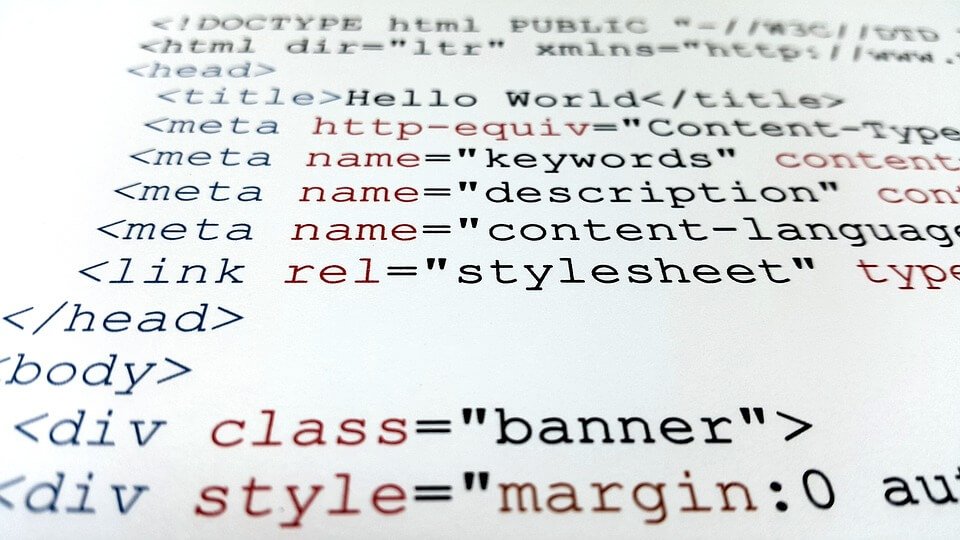Business
Microsoft to debut quantum computing language soon
A quantum computing language could be a game changer in the near future.

Microsoft could debut quantum computing soon after making the crucial first step: dedicating a computer language for it and releasing it soon.
According to Extreme Tech, the computer language will be fully compatible with Visual Studio. There is no existing computer language dedicated for quantum computing yet, so Microsoft will be making history here. Compared to traditional computer that reads 0 or 1 to run calculations, quantum computer utilizes 0, 1, or both 0 and 1, paving way for much more complex and theoretical computing capability.
Quantum computing future
Why is there a need for quantum computers? Simply because, the time will come that there will be no more energy to power traditional computers in the world, so energy-efficient ones are greatly needed to be developed. As stated in WIRED, a quantum computer is 100 million times faster than a regular PC. However, making it available on the industry scale could be problematic.
Even tech leaders Bill Gates and Satya Nadella fail to define what quantum computing is. It may have been because the world has not seen to what extent it could do. Microsoft attempted to explain how it works instead: “It would allow scientists to do computations in minutes or hours that would take the lifetime of the universe on even the most advanced classical computers.” Experts believe quantum computing can address issues such as global warming and diseases.
Microsoft has a quantum computing lab in Santa Barbara. It is not yet determined how the company plans to sell a quantum computer commercially, but experts predict that it would be available in the cloud. A quantum computer relies on a regular computer and it could be attached to it as an auxiliary processing unit.

Microsoft is working on a quantum computing programming language and it could debut soon. (Source)
How it works
The programming language got its inspiration from C#, F#, Python and other languages but also incorporates some features of a quantum computer. A quantum simulator is rumored to be in the works so developers could still test the programming language despite the absence of a real quantum computer. However, running the simulator would require at least 32GB of RAM.
Microsoft’s Krysta Svore claims the simulator will run on a regular PC with 20-qubit operations while Microsoft Azure cloud computing services will run it until to 40 qubits. They will test it in ideal conditions, -452 F temperature, so the particles can work optimally. “We are developing those [the hardware and software stack] together so that you’re really feeding back information between the software and the hardware as we learn, and this means that we can really develop a very optimized solution,” she added.
Aside from super cold temperatures where quantum computing takes place, a magnetic vacuum must also be put into place so a simulation could take place. But right now, things are looking bright for quantum computing. The advantages clearly outweigh disadvantages. The Microsoft’s soon-to-be-released programming language dedicated to it ushers in a new era not only to the tech industry but to the entire human race as well. In the race for quantum computing among Microsoft, IBM and Google, it does not matter who takes the lead, we are all winners in the end.

-

 Markets3 days ago
Markets3 days agoThe Big Beautiful Bill: Market Highs Mask Debt and Divergence
-

 Crowdfunding2 weeks ago
Crowdfunding2 weeks agoTasty Life Raises €700,000 to Expand Pedol Brand and Launch Food-Tech Innovation
-

 Markets1 day ago
Markets1 day agoA Chaotic, But Good Stock Market Halfway Through 2025
-

 Cannabis1 week ago
Cannabis1 week agoCannabis Clubs Approved in Hesse as Youth Interest in Cannabis Declines





















You must be logged in to post a comment Login